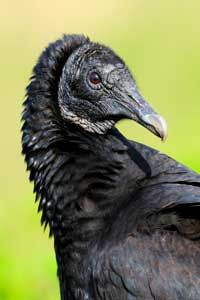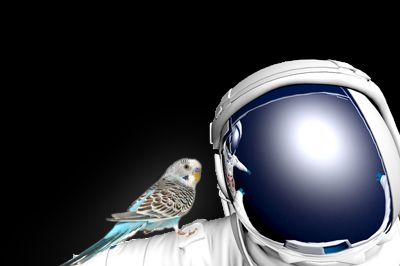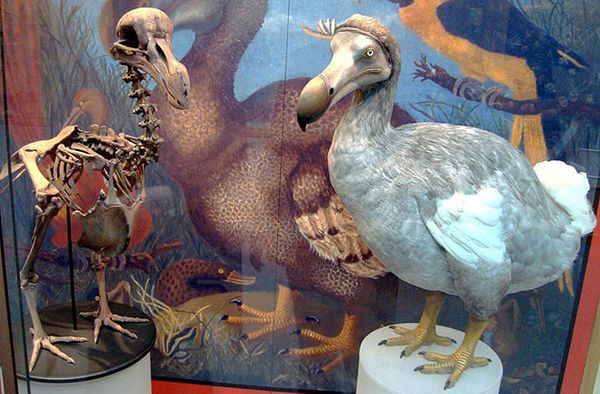The Indian government wants its vultures back. Yes, the unattractive, carrion-feeding and generally reviled birds of prey are being bred in captivity in an effort to save the avian species. Why such fretting over the vile vulture? Vultures often feed on dead bodies of sickly animals and curb the proliferation of bacteria. If they disappear, it could open the door to a spike in diseases, including anthrax and brucellosis in livestock, which could then spread to people [source: Gross].
The population of Oriental white-backed vultures in India has dropped from tens of millions to around 11,000 as of May 2008 [source: Morrison]. Around 97 percent of two related species, the long-billed and slender-billed vultures, have also died off in India in large numbers [source: Morrison]. Scientists have identified an anti-inflammatory drug called diclofenac as the culprit. Banned from use in India in 2006, ranchers used to treat their livestock with it. If cattle given diclofenac died, and vultures fed on their carcasses, it took only one exposure to the tainted meat to kill the birds [source: Morrison].
Advertisement
The vultures found in India and the Eastern Hemisphere are collectively known as Old World vultures. The 12 existing species of Old World vultures are related to hawks and eagles and build nests out of sticks. The Western Hemisphere is home to seven species of New World vultures. Unlike their Old World counterparts, New World vultures don't build nests and have been genetically linked more closely to storks. These Western vultures include well-known species such as the California condor, turkey vulture and American black vulture.
Although they hunt down rotting carcasses of dead animals, vultures are referred to as birds of prey. They soar at altitudes thousands of feet above the ground in search of meat. New World vultures in particular have acute senses of smell to help them locate their meals. But even though they feed on nature's garbage, vultures are surprisingly sanitary birds. For instance, they have no feathers on their heads, which allows them to stay cleaner while digging into messy carnage that may contain unhealthy bacteria. Vultures also urinate on themselves to keep comfortable and disease-free. As the urine evaporates, it cools the vulture's body in the same way sweat works on humans. The acid in the urine simultaneously destroys harmful pathogens from their last dinner.
That acid inside a vulture's body can also be wielded as an effective defense mechanism.
Advertisement



